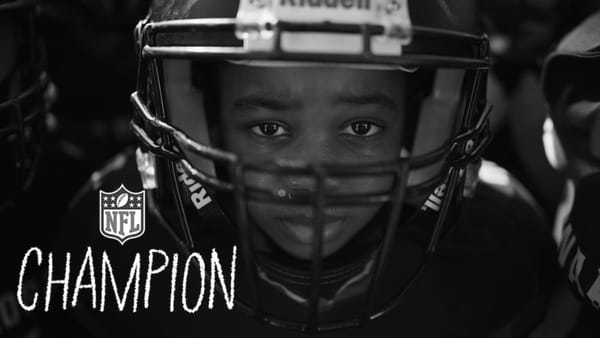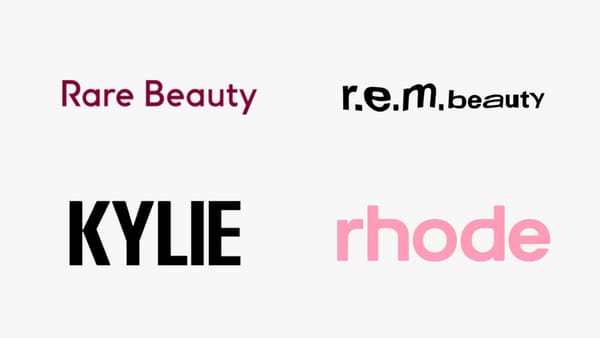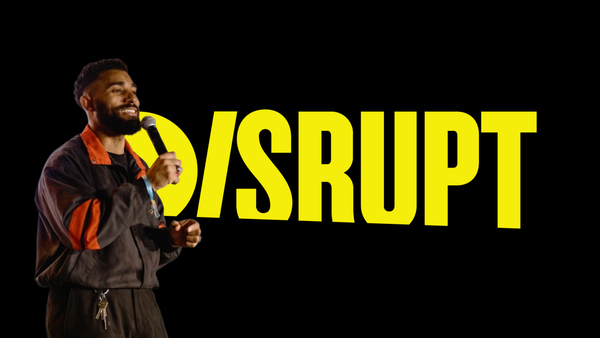The answer? By staying attentive to content creators’ evolving goals and priorities, brands can not only prompt increased influencer activity but also lay the groundwork for lasting, mutually beneficial relationships that appreciate in value over time.
To better understand how brands can build impactful connections with content creators in 2021, influencer marketing solutions company, Tribe Dynamics, interviewed emerging and established influencers about their experiences working with brands and predictions for the influencer marketing space as a whole, establishing that these points could be the five most meaningful steps brands can take towards building passionate communities of fans on social media this year.
1. Grant influencers creative agency
Influencers chose their line of work for a reason. They’re experts at telling stories that resonate with their followers, so when it comes to planning and producing content for a campaign, brands would be remiss not to let influencers take the reins. As professional content creators, influencers also deeply value brands’ trust in their artistic choices.
“The best brand relationships I have had were with brands who listened to my ideas and trusted my creative opinions,” said Gen Z fashion and lifestyle blogger Joanna Simon. Similarly, podcaster and wellness enthusiast Lindsey Simcik shared that she enjoyed working with Nutribullet because the brand offered her the freedom to speak about its products “in a way that feels natural and authentic.”
By allowing influencers to let their genuine voices ring, brands can take advantage of the full scope of their fans’ creative abilities. Additionally, empowering influencers as partners, rather than treating them as media channels to buy space from, fosters a rapport of mutual respect and overall positive sentiment between brands and their advocates that paves the way for future partnerships.
2. Prioritise inclusivity in all business practices
More than three years after Fenty Beauty’s blockbuster launch revolutionised the industry standard for foundation shade ranges, influencers remain deeply invested in holding brands accountable for inclusive business practices. Fashion blogger Kaye Bassey noted that she has the best experience working with brands who ‘have made diversity a norm,’ while Thamarr Guerrier emphasised the importance of not being tokenised by partners.
Content creators’ expectations for inclusivity from brands go deeper than the skin tones of their models and influencers: for podcaster Krista Williams, a diverse leadership team also speaks measures about a brand’s ethos.
UOMA Beauty’s stand-out earned media performance—the Black-owned makeup brand increased its EMV by 69% between 2019 and 2020, while its influencer community expanded 141%—is a testament to the impact of taking a holistically inclusive approach to doing business.
In addition to boasting broad product shade ranges and working with influencers from a variety of racial and ethnic backgrounds, UOMA Beauty founder Sharon Chuter made headlines by launching the #PullUpOrShutUp campaign this past June. The initiative, which challenged beauty brands to disclose the number of Black individuals they employ in leadership positions, promoted an industry-wide reckoning around unconscious bias inside brands’ corporate offices.
3. Embrace emerging social channels
Last year, previously niche video-sharing app TikTok grew into a powerhouse platform for both creators and brands to entertain, educate, and connect with their audiences, underscoring social media users’ eagerness to express themselves on new channels.
When asked about the future of influencer marketing, many content creators anticipated the social media landscape’s continued evolution. For Joanna Simon, short-form video platforms like TikTok and live streaming platforms look likely to continue gaining popularity in 2021.
Thamarr Guerrier also felt that video content would grow in relevance, emphasising that the format was “not going anywhere soon.” Brands hoping to build collaborative partnerships with influencers should be prepared to meet them on the platforms that they’re most excited about, even if that means foraying into relatively new territory.
4. Champion an authentic, values-driven mission
On the heels of a year marked by ideological clashes, it’s hardly surprising that brands’ own stances on issues such as social justice and climate change are playing a more critical role than ever in influencers’ decisions to work with them. Observing that ‘the online world has become a lot more political and socially conscious,’ Joanna Simon shared that it’s “important to me that the brands I work with share my values.” Krista Williams echoed this sentiment, noting that she looks for partners that “align with my own mission and ethos” by prioritizing causes such as women’s wellness and sustainability.
Emerging acne treatment brand ZitSticka offers a poignant example of how taking action on social issues can galvanize content creators. In Q4 2020, the brand demonstrated its commitment to racial justice by donating 10% of early November proceeds from its newly-launched Press Refresh Hydrogel Exfoliating Sheet Mask to nonprofit organization The Lawyer’s Committee to Civil Rights Under Law. Politically engaged influencers like Kayla Bylon applauded ZitSticka’s concrete action to forward a meaningful cause, helping fuel ZitSticka’s 96% year-over-year EMV growth.
5. Stay open to long-term partnerships
Long-term relationships aren’t just nice to have IRL. Lasting connections with influencers generate the greatest lifetime value for brands, and not only because they result in consistent activity. Their impact also increases over time, as content creators expand their own audiences and gain a deeper affinity for their brand partner.
Many of the influencers interviewed noted that they prefer to partner with brands in an ongoing, rather than one-off, capacity: while Thamarr Guerrier shared that “being open to a long-term relationship versus just a single campaign transaction” made a brand particularly appealing to work with, Kaye Bassey defined a meaningful brand-influencer relationship as one that is “genuine,” provides value to both parties, and “can grow over time.”
There’s no question that listening to influencers pays off for brands. Fostering and nurturing relationships that meet your fans’ own needs, and help them achieve their goals—from flexing their creative muscles on new platforms to advocating for a cause close to their heart—is the most reliable way to garner authentic, high-engagement brand endorsements. Rather than attempting to impose your own team’s objectives on an increasingly dynamic and unpredictable content ecosystem, remain adaptable and in tune with consumers’ changing passions by actively working with influencers on collaborative and compelling initiatives that serve both your brand and your advocates.








